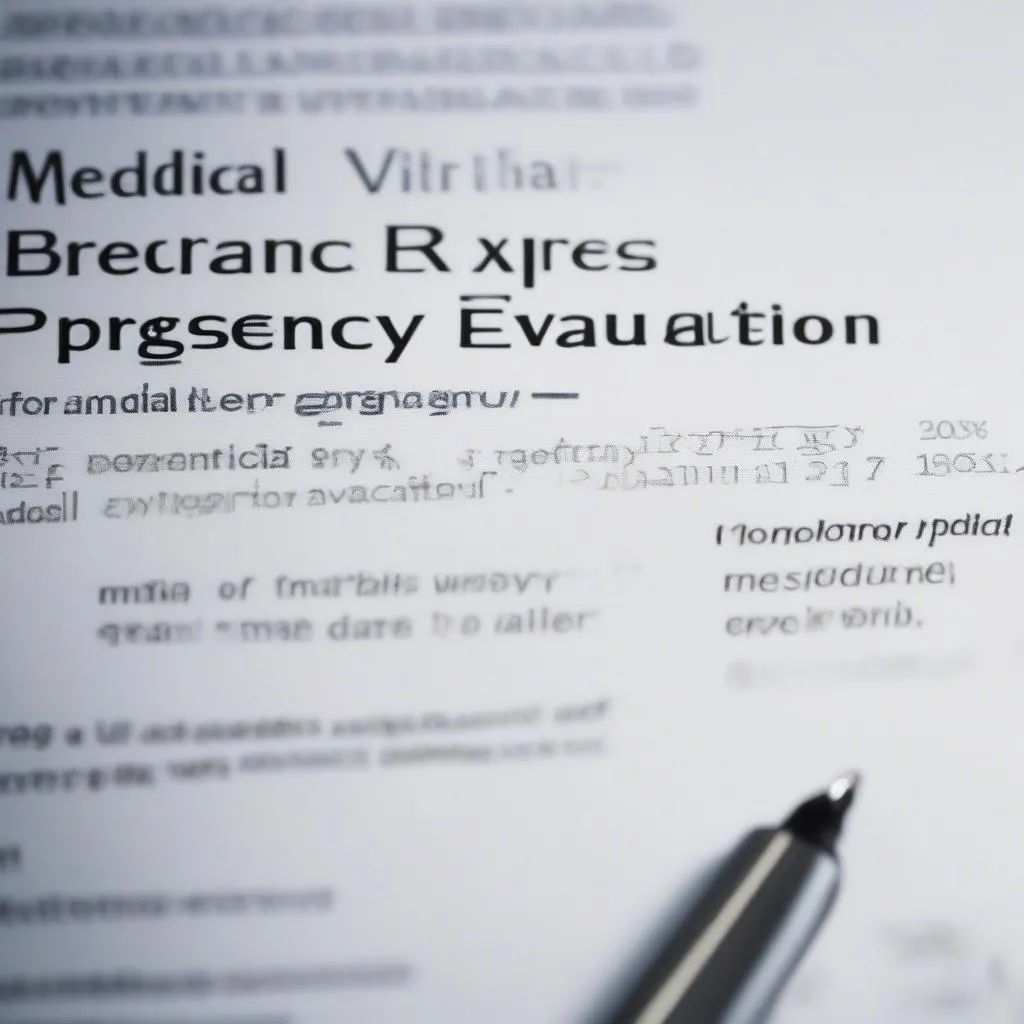So, you’re 26 weeks pregnant and dreaming of a last hurrah before your little one arrives? Maybe you’re picturing yourself strolling through the ancient streets of Hoi An, Vietnam, or relaxing on a sun-kissed beach in Bali. But then, that little voice of doubt whispers, “Is it safe to travel at 26 weeks pregnant?”
Let’s dive into everything you need to know about traveling during your second trimester and put those worries to rest.
Is 26 Weeks Pregnant a Good Time to Travel?
For many expectant mothers, the second trimester (weeks 14-27) is often considered the “sweet spot” for travel. Your energy levels have likely rebounded from the first trimester, morning sickness is hopefully a distant memory, and you’re not yet at the stage where your bump makes every movement a challenge.
However, every pregnancy is unique, and it’s crucial to consult your doctor or midwife before making any travel plans. They can assess your individual health, pregnancy progression, and any potential risks associated with your chosen destination.
 Pregnant Woman at Doctor Appointment
Pregnant Woman at Doctor Appointment
Factors to Consider When Traveling at 26 Weeks Pregnant
1. Your Destination
- Flight Time: Long-haul flights (over 4 hours) can increase the risk of deep vein thrombosis (DVT) during pregnancy. If you must take a long flight, consider wearing compression socks, staying hydrated, and moving around the cabin regularly.
- Activities: Are you planning adventurous hikes in the Himalayas or leisurely walks on the beach? Be realistic about your physical capabilities and choose activities that are safe and comfortable for your stage of pregnancy.
- Altitude: High altitude destinations (over 8,000 feet) can pose risks to both you and your baby. It’s best to consult your doctor before traveling to these areas.
- Access to Medical Care: Ensure that quality medical facilities are readily available at your destination, just in case.
 Pregnant Woman Walking on the Beach
Pregnant Woman Walking on the Beach
2. Your Health and Medical History
- Existing Medical Conditions: If you have any pre-existing medical conditions like gestational diabetes or pre-eclampsia, traveling might require extra precautions. Discuss your travel plans in detail with your doctor to understand the potential risks and necessary precautions.
- Vaccinations: Some destinations require specific vaccinations. Talk to your doctor about which vaccinations are safe and recommended during pregnancy.
3. Travel Insurance
Don’t leave home without it! Comprehensive travel insurance is essential, especially during pregnancy. Look for a policy that covers pregnancy-related medical expenses, emergency evacuation, and trip cancellation or interruption due to medical reasons.
 Travel Insurance Policy Close Up
Travel Insurance Policy Close Up

